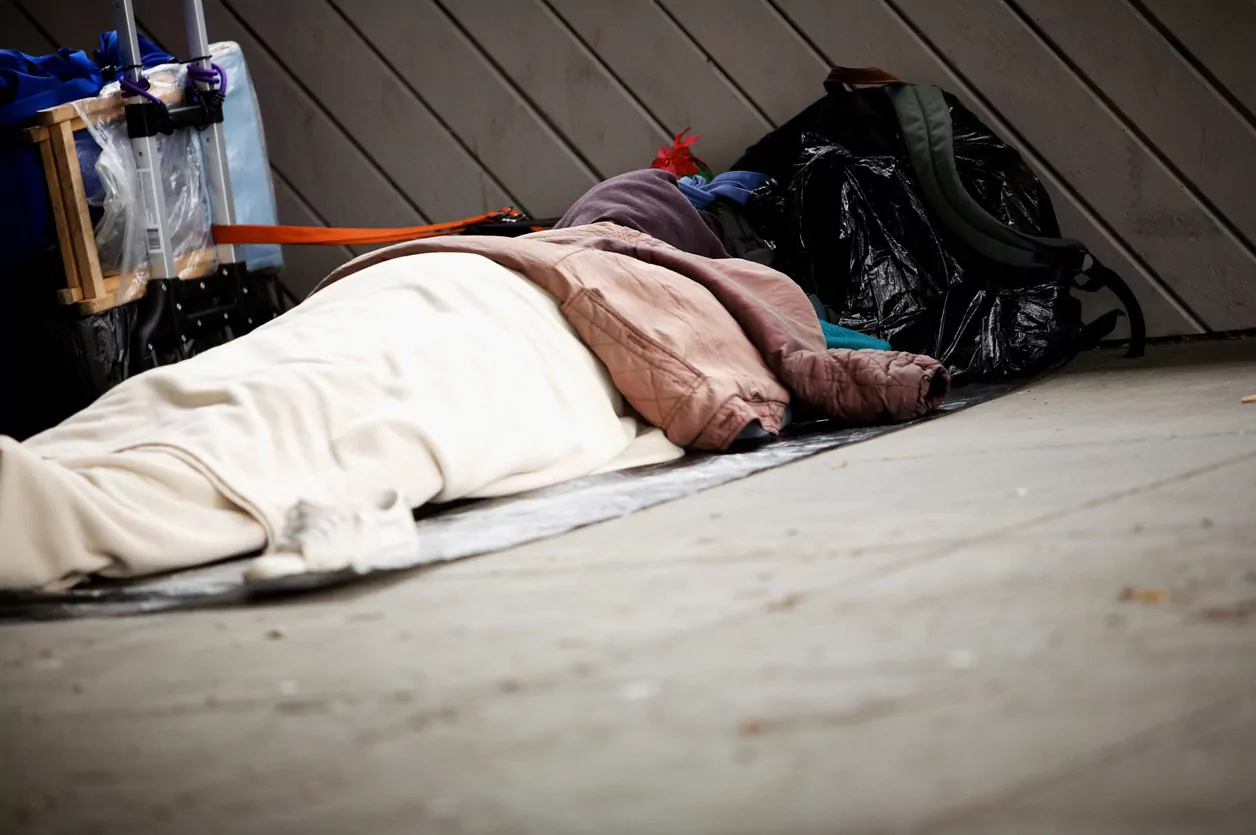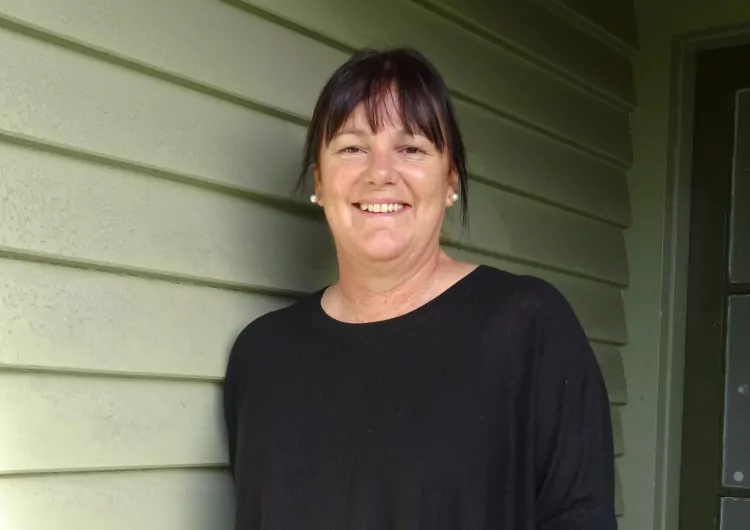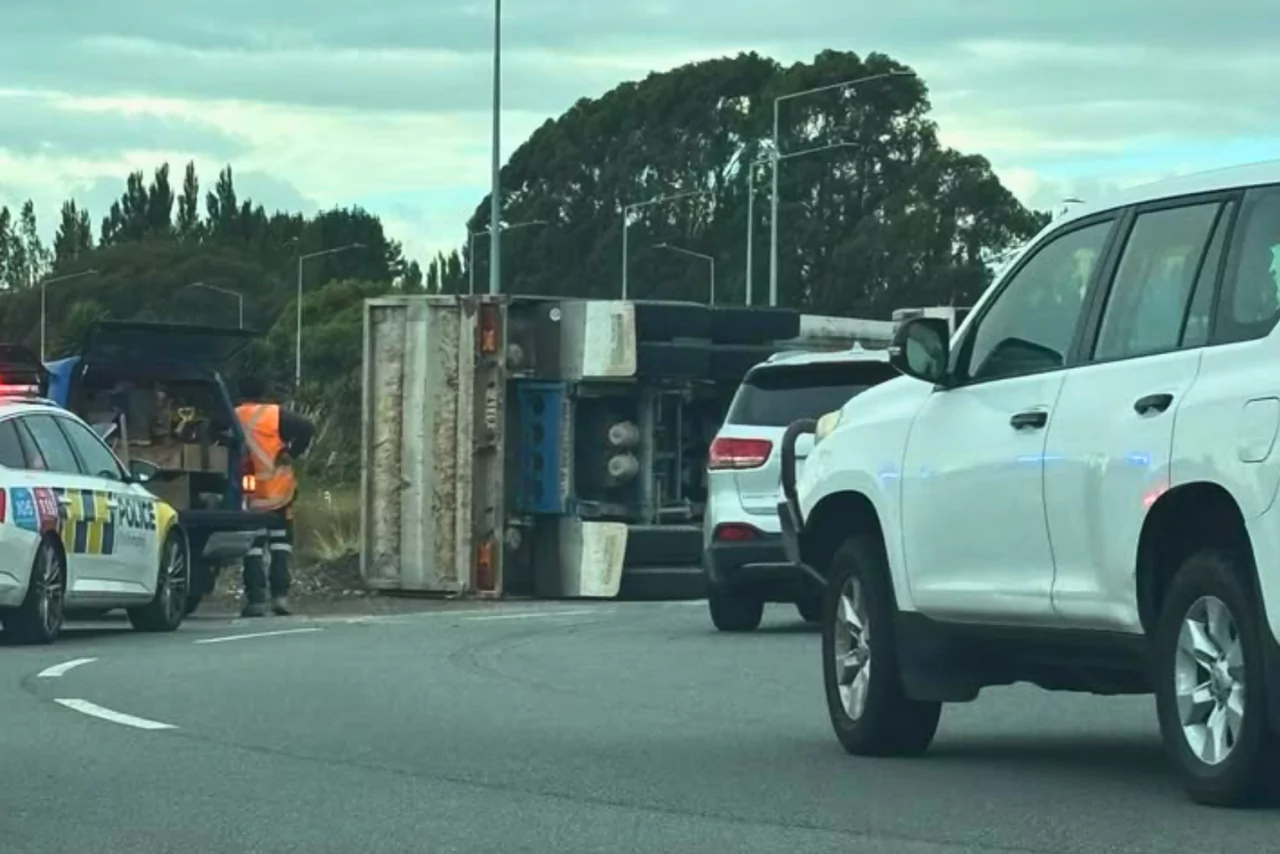Escaped youth tracked by Eagle helicopter, found hiding in New Brighton
The young person who escaped from a youth justice facility in Rolleston has been located...
Proudly powered by VAST – NZ’s leading digital advertising billboard company. FIND OUT MORE

Homelessness in New Zealand is on the rise, with nearly 5,000 people now living without shelter, according to the Ministry of Housing and Urban Development’s latest insights report for June 2025. The report highlights a worsening trend, with data indicating that the number of people sleeping rough, in cars, garages, or other makeshift conditions has increased since the 2023 Census, which recorded 4,965 people in this category.
The report shows that 112,500 people were severely housing deprived as of March 2023, including those in temporary accommodation or uninhabitable housing. The prevalence of people living without shelter has risen to 10.1 per 10,000 people, up from 7.8 in 2018.
Demographic data shows that the median age of those without shelter is 55. Among them, 1,293 are aged 65 and over, 603 are under 15, and 26.3 percent identify as Māori. Auckland has the highest number of people living without shelter, followed by Christchurch, the Far North, and Whangārei.
Reports from councils nationwide show significant increases in homelessness over the past year. Auckland Council recorded 809 unsheltered clients as of May 2025, up from 653 in January. Whangārei District Council also reported a sharp rise, with homelessness-related incidents forecast to exceed 1,200 in 2025, compared to 1,066 in 2024.
Christchurch City Mission engaged with 270 new clients in the six months to March 2025, up from 156 in the previous period. Tauranga City Council recorded 619 homelessness-related calls from the public in 2024, a marked increase from 423 the previous year.
Specialist mental health and addiction services have also reported a rise in demand. Between October and December 2024, there was a 10.1 percent increase in homeless clients receiving support compared to the same period in 2023. The number of nights spent by homeless individuals in mental health facilities rose to 954 in December 2024, up from 669 the previous year.
Emergency housing services are under severe strain, with 32 percent of applications declined in March 2025, up from 4 percent in March 2024. Māori make up 60 percent of emergency housing clients. The average time spent in emergency housing remains at around six months.
Transitional housing has seen fewer people entering from emergency housing, while the number of single adult households in transitional accommodation has risen to 2,201.
The report highlights systemic issues, including stalled Kāinga Ora housing projects, rising rents, and the lack of affordable housing options. Councils have raised concerns about people being released from corrections into homelessness and a lack of mental health assessments for vulnerable individuals.
HUD said the findings underscore the urgent need for long-term housing solutions, better mental health support, and improved coordination across agencies.
On Monday, Nicola Fleming, manager at Housing First, told chrislynchmedia.com ”unfortunately yes we have seen an increase which now includes tamariki and elderly which is very worrying.
“Why? poverty, food prices, lack of housing options: limited one bedrooms, and most are in complexes which don’t suit a number of people, lack and reduced numbers of emergency housing, unemployment, lack of Kāinga Ora properties, those with high risk or addiction are often overlooked for properties, rents too high etc.”
“It would be great if the Government directed Kāinga Ora to work with Housing First providers and gave them options for one-bedroom properties. It is a huge ask.”
“Community Housing Providers should be allowed to increase their Income Related Rent Subsidy properties rather than having to change to affordable rentals.”
“Transitional housing should be changed to permanent housing where possible.”

Nicola Fleming, manager at Housing First
“Government should back projects which are on hold to allow building and wraparound support for those most vulnerable.”
“The Government needs to obtain data from providers working in the homelessness space. A lot of people now come in and do not even bother applying for emergency housing so the numbers are not a true reflection of what is happening on the street.”
Housing Minister Tama Potaka said “Homelessness is a problem New Zealand has grappled with for a long time. It is a symptom of a dysfunctional housing market and is exacerbated during challenging economic times.”
“Accurate numbers are difficult to pin down – people without shelter often move around and may avoid engaging with government services – but it’s clear we have a real problem.
“The Government takes this seriously. At present, over $550 million is spent annually across a range of programmes run by multiple agencies, including Transitional Housing, Housing First, Rapid Rehousing and many other support services.”
“All New Zealanders deserve a warm, dry place to stay, and the Government is determined to make progress on this long-running challenge for New Zealand,” Potaka said.
“In the short-term, we’ve asked officials for advice on further targeted interventions to provide help and support to those living without shelter, including rough sleepers. We’ve asked for recommendations around better utilisation of existing programmes and existing services, and we are also open to new ideas that will make an enduring difference.
“We’ve made it clear that officials should engage with frontline providers such as the Auckland City Mission, The Wise Group and the Salvation Army, among others, because they are the organisations working at the frontline of this problem.
“We will not be returning to the previous government’s large-scale emergency housing model, which cost over $1 million a day at its peak and was a social disaster. New Zealanders – including people sleeping rough – deserve better than that.”
“The Government has an existing review under way of housing support services. There are hundreds of contracts for these services, and the system is complicated and often duplicative. Our aim is to make the system simpler, more effective, and reduce duplication. We want to fund what works.
“We’re also looking at how to better support people leaving residential support programmes or prison. Stable housing is critical to successful reintegration and reducing reoffending.”
Labour housing spokesperson Kieran McAnulty said said “Tama Potaka took almost a month to release the report which confirms what he has been denying for over a year – that more people are living on the street since he took office.”
“Auckland City has seen a rise of 90% in people sleeping on the streets over just eight months. Christchurch homelessness is up 73% and Wellington rough sleeping is up 23%.
“But the most significant jumps were in smaller cities. In Taranaki, homelessness increased by 250% in just six months, and Whangārei is forecast to see 1,200 reports of people who are homeless this year, in a population that is under 100,000 people.
“This report shows homelessness is no longer just a big city problem, and Christopher Luxon can no longer hide from questions about it when he travels to the regions.
“We have known homelessness has been rising since National came into government but Christopher Luxon, Chris Bishop and Tama Potaka have consistently denied it, ignoring everyone who gave them advice to the contrary.
“This rise in homelessness follows government decisions making it harder to access emergency housing. Until this week, they have refused to admit that – but now it’s clear for all to see.
“Everyone should have a safe, warm, affordable home near schools, work and healthcare. Instead, Christopher Luxon has put property speculators first, handing them nearly $3 billion in tax breaks while families sleep in cars,” Kieran McAnulty said.


